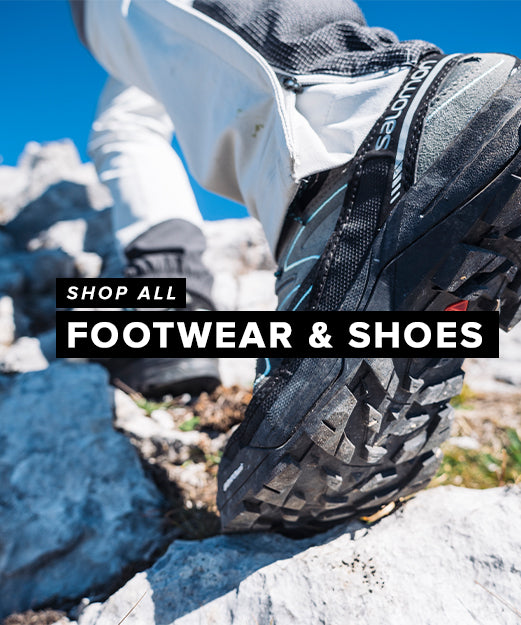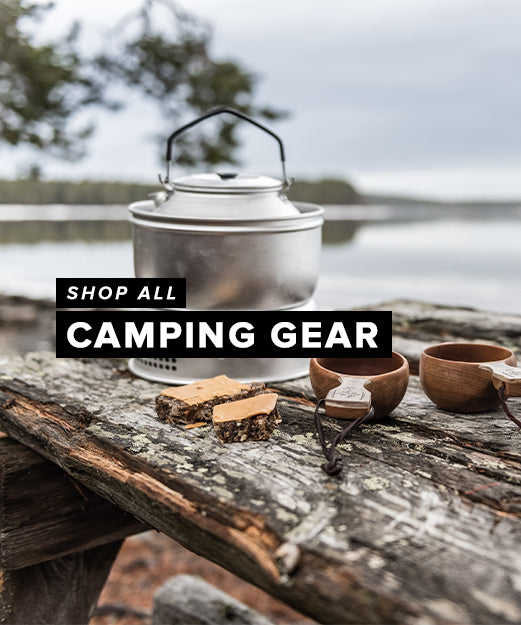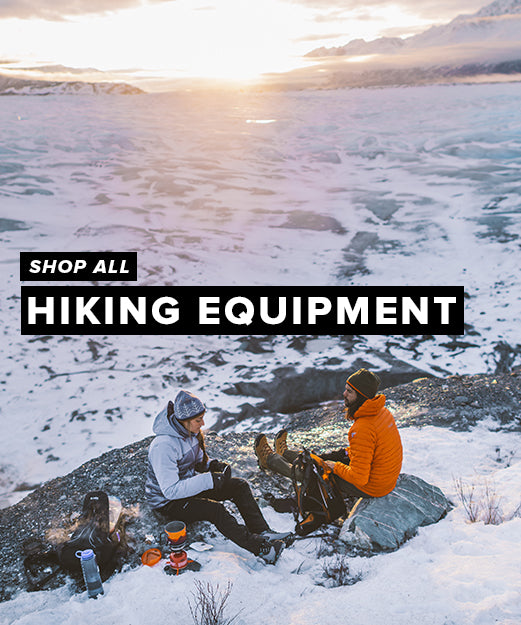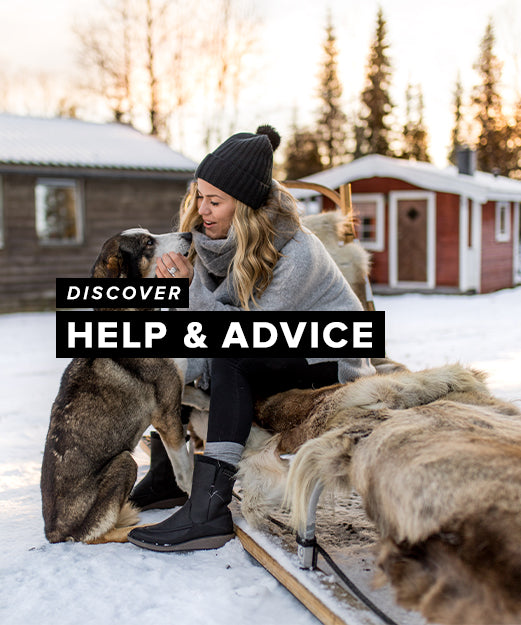- Keep an eye on weather reports, listen to local radio updates and follow advice and warnings. [caption id="attachment_854" align="alignright" width="225" caption="Don't even think about driving down this lane!"][/caption]
- Anticipate deteriorating conditions by packing spare warm clothing, food and a hot drink in a flask.
- Rather than leave your camping gear in the garage, pack your sleeping bag, stove and kettle. Aim to be comfortable if your car gets stuck rather than finding yourself in a survival situation.
- Respect 'Road closed' signs. They are there for a reason that may not be immediately apparent and 'giving them a go' can obstruct snow ploughs and gritters.
- Use car parks and lay-bys for parking.
- Even in apparently deserted areas, don't leave your car on roadsides, verges or turning areas. You know you're off for a walk. Others may think you are lost and need help.
- Don't block gates as farmers still need access to fields in adverse weather to check on and feed livestock.
- If you've let somebody know where you're going, then tell them when you have returned or changed your plans. Otherwise, rescue services may be called out for no reason.
- Take all your litter home with you.
- The Automobile Association has some sound advice on preparing your car for winter and driving in snow and ice - www.theaa.com. A fundamental point is to wear comfortable, dry shoes; snow-covered boots may well slide off the pedals or cover two of them.
Snow And Ice Guide For Walkers
What is 'bad weather' for much of the country can be great fun for winter walkers. 'Fun' that should be sought out and enjoyed responsibly. The focus of winter walking is usually on personal safety on the hill but personal responsibility and consideration should start long before you feel the crunch of snow underfoot whether in the mountains or along the coast.
Drifting snow and icy roads cause problems for emergency services and, of course, local residents. In the rural areas most attractive to walkers, farmers need to be able to reach, feed and care for livestock. Highway authorities need to access roads to keep them clear and abandoned or just 'parked' cars obstruct operations. Struggling through to get to a convenient start point for a walk is far from respecting the countryside and those who live and work there.
Exercising some common sense is basic but here are a few guidelines to bear in mind:
 NEW!! Free UK Delivery
NEW!! Free UK Delivery Hassle-Free Returns
Hassle-Free Returns Clearpay
Clearpay









